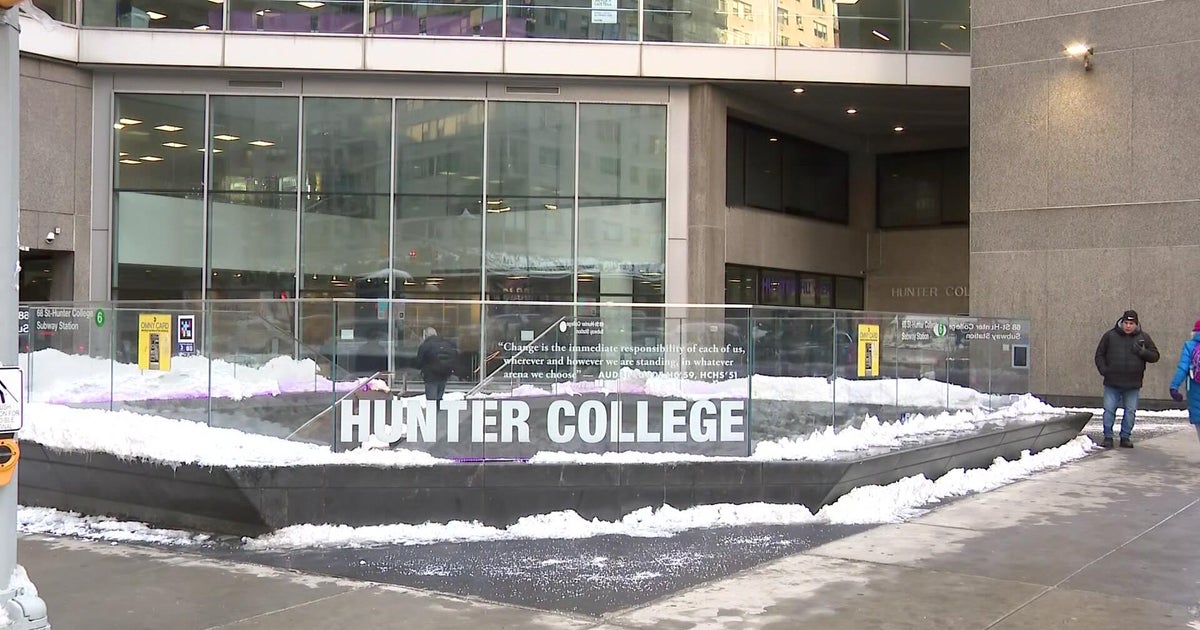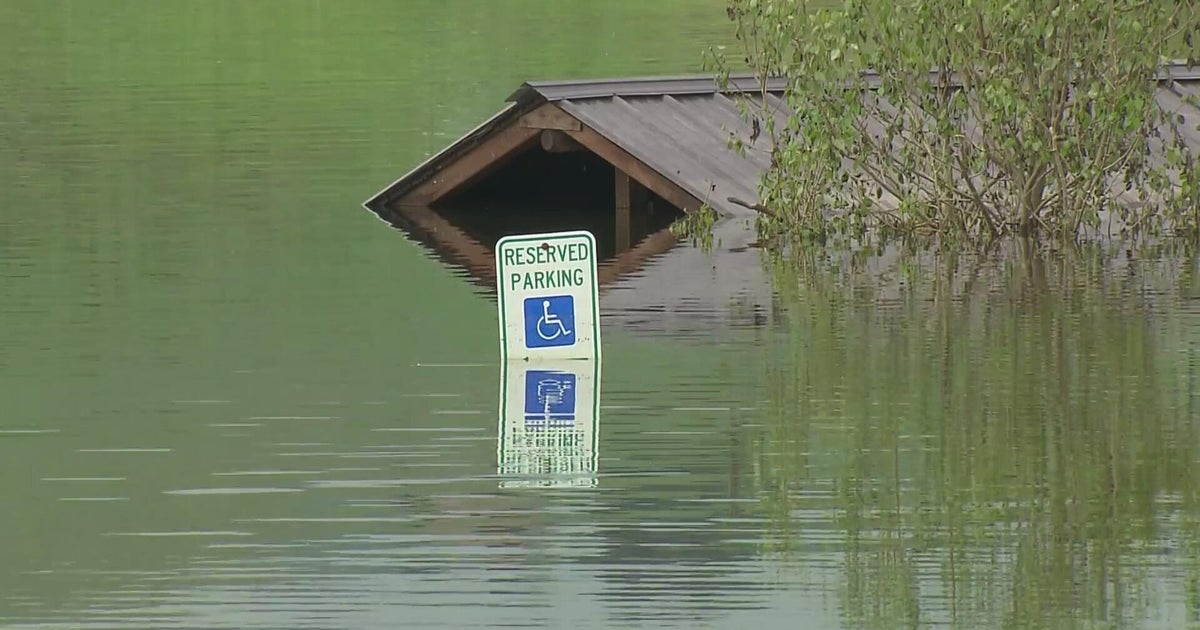Local Law Professors Weigh In On Implications If Roe V. Wade Overturned
MIAMI (CBSMiami) – The leaked Supreme Court draft opinion overturning Roe v. Wade sparked powerful and emotional response.
In South Florida, people gathered at Esplanade Park in Fort Lauderdale for a rally in support of abortion rights.
"That opinion states abortion rights and abortion decisions are going to go back to the state," said organizer Emma Collum. "For us, here in Florida, we now realize that means that the Republican-controlled legislature is most likely going to end safe and legal abortion for women."
There were others who came out to the rally to speak against abortion.
"The pre-born baby is not the fathers property. It's not the mother's property," said Michael Ray. "It's a distinct, unique human being that deserves dignity and honor and respect."
Roe v. Wade was decided back in 1973, when it determined a Texas law banning abortion essentially infringed on a woman's right to privacy.
50 years later, it was being called into question as the Supreme Court discussed a case involving Mississippi's 15-week abortion ban.
A leaked draft of the opinion showed the High Court may be preparing to overturn Roe v. Wade.
The draft is not law at this point, but FIU Constitutional Law professor Howard Wasserman explained the possible implications.
"What it says is a state could prohibit all abortion, and it only has to come up with a rational reason for doing it," he said
It not only calls into question abortion, but also has the potential to affect other decisions.
"The right of couples to purchase and use contraception, the right to marry the person of your choosing, regardless of race or sex," Wasserman said.
That's because those decisions hinged largely on the idea of a right to privacy.
"We understand that we have a right to privacy as part of our life liberty and property, but it only gets defined in certain cases, like with abortion rights," explained professor Sean Foreman, a Constitutional Law professor at Barry University.
Both said it would not be a direct pipeline to overturning decisions, but it does open up the possibility.
"What we need to see is how far the court actually goes in its language of whether or not they restricted to just cases dealing with abortion, or if they open it up to allow the court to review other cases," said Foreman.
"Past judges and justices typically followed precedent and were willing to allow old cases to stand, even if they disagreed with them," he continued. "We are now in a new era, where justices are actively looking to overturn past decisions they don't agree with."
This year Florida enacted a ban on abortions after 15 weeks. It is scheduled to go into effect in July.







